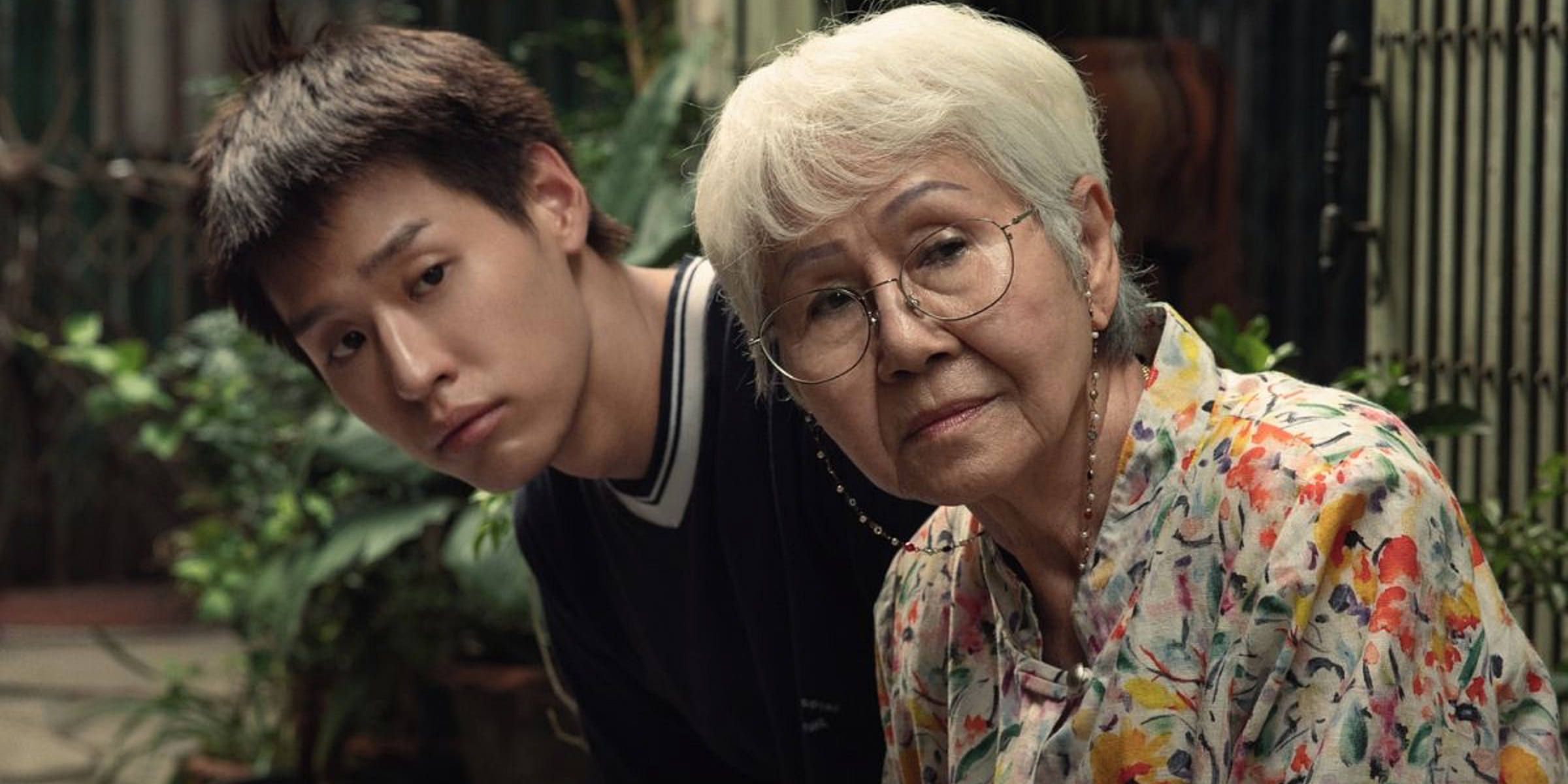Warning: This review contains major spoilers for the film “Sans filtre” (Without Filter). If you haven’t seen the film yet, everyone dies. Kidding. But who knows? If the film continued for years on, they eventually would.
“Sans filtre” (Without Filter) is the latest film from Swedish director Ruben Östlund, who’s helmed other Cannes favorites “Force Majeure” (Jury Prize winner) and “The Square” (Palme d’Or winner). This year, “Sans filtre,” or “Triangle of Sadness” as it is called internationally, bagged the highest prize in Cannes, beating my all-time favorite director Hirokazu Kore-eda’s “Broker,” Park Chan-wook’s “Decision to Leave,” David Cronenberg’s “Crimes of the Future,” and seventeen other films. The film was also part of of the QCinema International Film Festival.
The film starts with Carl (Harris Dickinson) and Yaya (Charlbi Dean, may she rest in peace), who can’t seem to have a decent communication about how to have an equal relationship. Both of them are just in it for the fans. As models and influencers, they use each other for fame and to gain more Instagram followers. Yaya earns more money than Carl since the modeling industry per her more as woman.
The couple, still dealing with their issues, become guests at a cruise ship that only the richest people in Europe can afford. The class dynamics on this boat is reminiscent of “El Filibusterismo’s” first chapter. Inside as passengers aside from Carl and Yaya are wealthy Russian capitalists, a couple who became rich manufacturing and selling weapons of mass destruction (those two believe in the delusion that their product “upholds democracy”), an awkward and single tech billionaire, and a deranged woman who sees dirty sails despite the ship being motorized. There are also the servers who are ready to give the guests drugs or even imaginary creatures just for the cha-ching. Even when the other crew members, who work below deck cleaning restrooms and dirty rooms, pass by, the servers have no shame shouting, “Money! Money! Money!”
The below-deck crew members’ first days are boring. At the start of the cruise, they were just waiting to be called while flipping through fashion magazines, playing cards, and watching something on their phones. After all, no one’s made a mess yet.
Then there’s the American socialist captain Thomas Smith (Woody Harrelson), who was absent most of the time drinking alcohol. The first time the guests sees him was on the stormy day he chose for a captain’s dinner, despite a warning that there was going to be a weather disturbance on that day.
The result of the poor decision from the captain plus everyone’s gluttony is that restrooms became busy. And I mean really busy. If you haven’t seen the film and you like watching rich people suffer, trust me, the 15 minutes of suffering in this film is worth a season of billionaires-breaking-down in “Succession.” While people have explosive diarrhea and some couldn’t stop puking, the Russian capitalist finds time to kid everyone through the microphone that the ship was shrinking. Now let’s all pretend for a second disinformation like that didn’t happen in real life.
The tragedy does not end there. After a stormy evening, the boat isn’t ready for an attack from pirates, I presume because everyone’s either drunk or tired. To make the story short, after bombs explode and gunshots are fired, most of the crew and passengers die. No one was prepared for the real threat. Thank you, captain.
Then the shift in the power structure unfolds. Abigail (Dolly de Leon), who was previously working under the ship, calls herself the captain of the island where they all ended up on. Carl and Yaya, Paula the head of staff (Vicki Berlin), Dimitry the Russian capitalist (Zlatko Burić), Jarmo the lonely billionaire (Henrik Dorsin), Nelson the mechanic (Jean-Christophe Folly), and Therese the stroke patient (Iris Berben) are all useless on the island. Abigail catches fish, cooks dinner, and makes fire. Without their money and influence, everyone just relies on the captain.
That shift in power then corrupts Abigail. She uses her power to gain sexual favors from Carl, whose relationship with Yaya by now is eroding further and further. De Leon’s convincing acting is topnotch. Her facial expression towards the end of the film when she is about to take action (or not take action, depending on what how you like the ending to be) on probably the hardest decision she will make, was my favorite.
What I was having a hard time interpreting was how this film wants us to look at Nelson. When he was first introduced, we were supposed to sympathize with him. Dimitry accused him of being pirate because of the color of his skin. Afterwards, however, he resorts to stealing for that wasn’t meant for him. (Who can blame him? Everyone on that island’s hungry.)
Therese, too, wasn’t entirely a saint. We learn through her conversation with Nelson that in the past, she used her body to get a job. Nelson—good for them both—did not ever judge the lady.
This satirical film does hit the target. But the target is not on the people. No one was a saint, but no one was evil all the time. The target was the system. When there’s a hierarchy, there’s corruption. On the island, the rich people gains your sympathy more and more. Nelson and Dimitry become friends and you like their bromance (he even lets him shave his beard!). Jarmo, who’s friendless before, becomes well-liked by his island-mates for successfully killing (albeit not cleanly) a donkey.
In the end when Yaya and Abigail discovers that they were on a resort island all those while, Abigail’s fear was that she will be living her old life—the cleaning lady. The only solution for her is to kill Yaya. Meanwhile, Carl, who just the previous night wanted to break up with Yaya so Abigail and him don’t have to hide their relationship, is seen running to them. He suspects Abigail will tell Yaya the truth about them. After, I suspect, learning from Therese that they are not in an isolated island, he runs to the two women. Will he make it?





